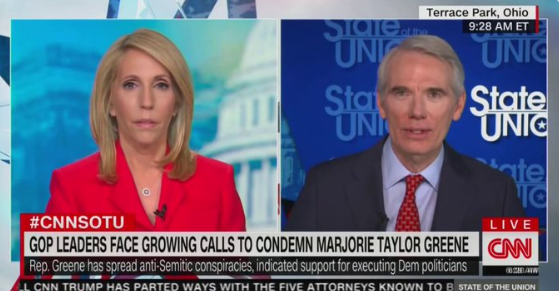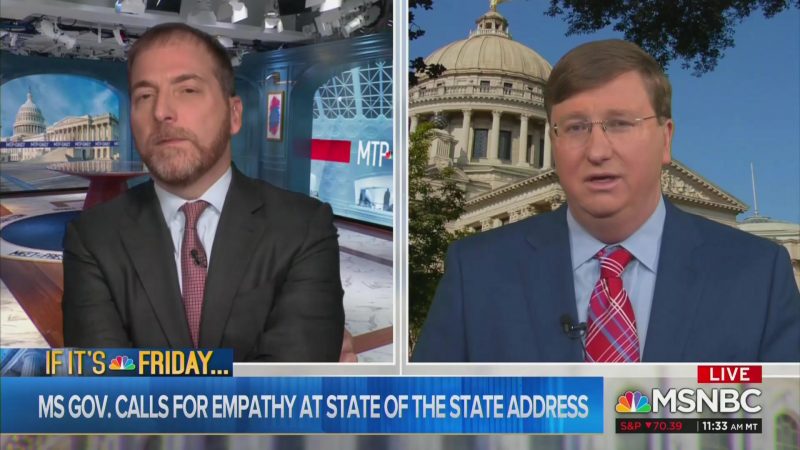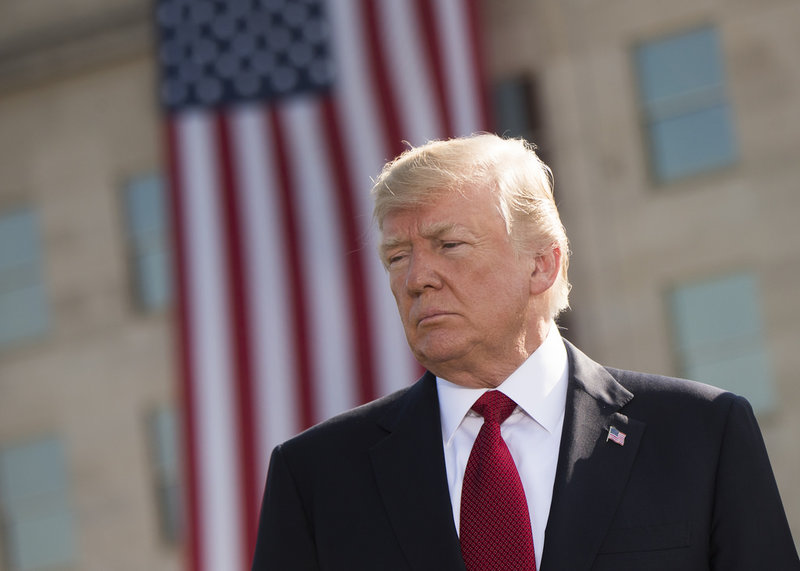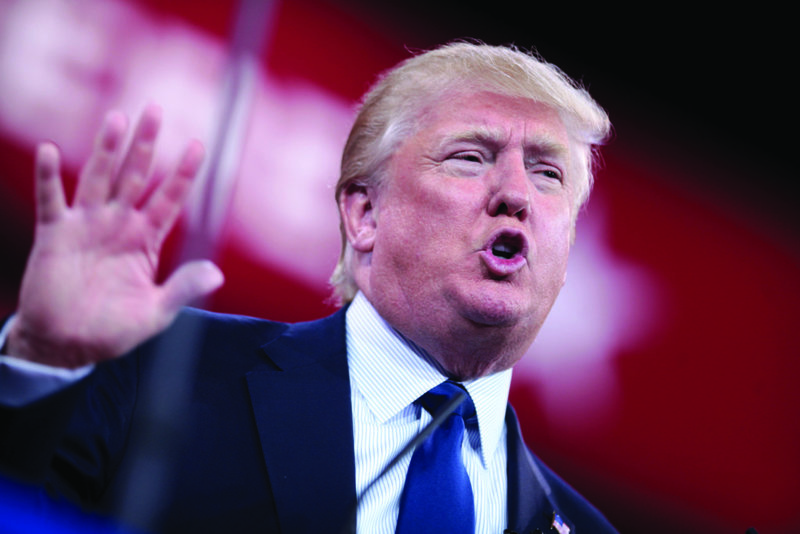New Report Details Psychological Trauma Migrant Children Suffer Under Trump’s ‘Zero Tolerance’ Policy

In news that should surprise absolutely no one, the Inspector General of the Department of Health and Human Services says in a new report that the Trump administration’s policy of separating migrant children from their parents has caused those kids serious psychological trauma.
The report, which Stephen Miller will likely read the next time he needs to relax, details the challenges faced by Office of Refugee Resettlement staffers in government shelters charged with caring for the children after they were separated under Trump’s “zero tolerance” policy. It describes children “cry[ing] inconsolably” to express their “acute grief” at being split from their parents and says, in the understated way of bureacratic language, that those who did not understand the reasons for the separations “suffered elevated levels of mental distress.”
The kids also suffered from physical symptoms that were likely manifestations of their psychological upset, such as chest pains for which doctors could find no medical explanation.
None of this is a surprise to pediatricians and others who work with children. As CNN notes, a representative of the American Academy of Pediatrics testified to Congress earlier this year that separating families “can cause irreparable harm” and “lifelong consequences” for children.
This was on top of the trauma many of these children suffered in their home countries, which was the reason their parents tried to bring them to the United States in the first place, and the trauma some experienced during the journey north.
On that second point, one Trump administration reaction to criticism of its “zero tolerance” policy has long been to insist it was meant to discourage migrants from attempting the journey because it would be so psychologically and physically dangerous for their children. This report makes clear the administration did not provide the resources to assure the well-being of the kids who made that journey anyway, and did not seem to have any interest in doing so.
In other words, the administration’s response to a mental health crisis among migrant children was to heap even more risk factors onto those children’s shoulders. And then to throw up its hands and say “We told you so” while the people on the front lines of the crisis struggled with a lack of resources.
Read the report here.






